12 Foods That Are Quietly Sabotaging Your Sleep Quality
You meticulously craft your bedtime routine, dim the lights, and even invest in the perfect mattress. Yet, elusive sleep still evades you, leaving you restless and drained. What if the real culprit isn't your pillow, but your plate? Many focus on sleep-inducing foods, missing the insidious power of others to quietly sabotage your slumber. This isn't just about coffee; it's about uncovering the unexpected dietary culprits, the hidden ingredients and sneaky effects that actively wreck your night's rest without you realizing it. This article unveils 12 eye-opening facts about surprising foods that might be secretly sabotaging your sleep quality, empowering you to make informed choices for truly restorative slumber.
1. Aged Cheeses & Cured Meats: The Histamine Hijack
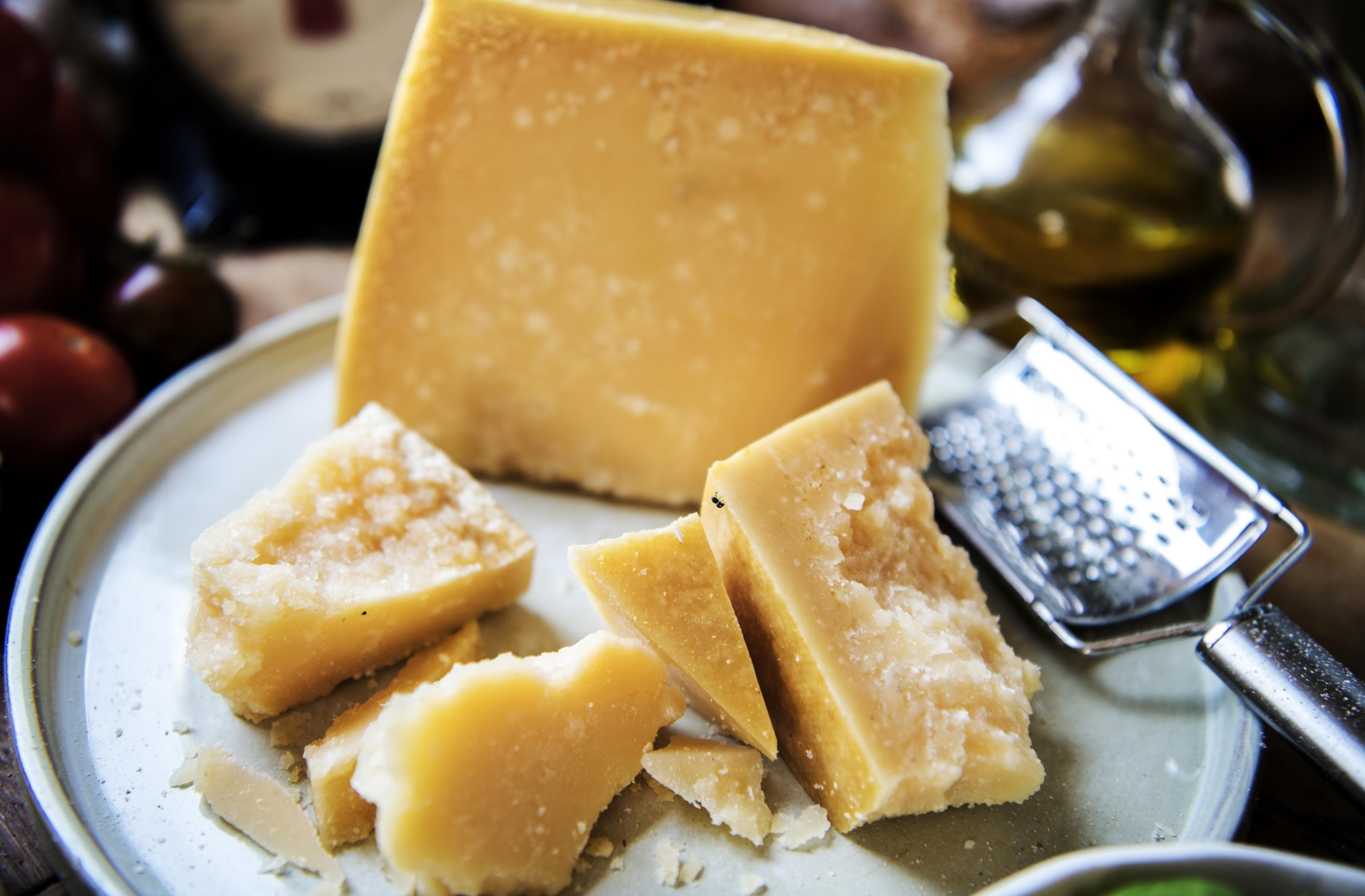
A surprising culprit for sleep disruption, especially in sensitive individuals, can be aged cheeses (like Parmesan, aged cheddar) and cured meats (salami, pepperoni). These foods contain high levels of histamine and tyramine, compounds that can trigger neurotransmitter imbalances and lead to restlessness or insomnia in those with histamine intolerance. They can also subtly elevate blood pressure. The ingenious counter-intuitive nature of these "savory snacks" is that they can actively stimulate your system, keeping you awake rather than sedating you before bed.
2. Peppermint (Especially Late Tea/Candies): The Reflux Relaxer
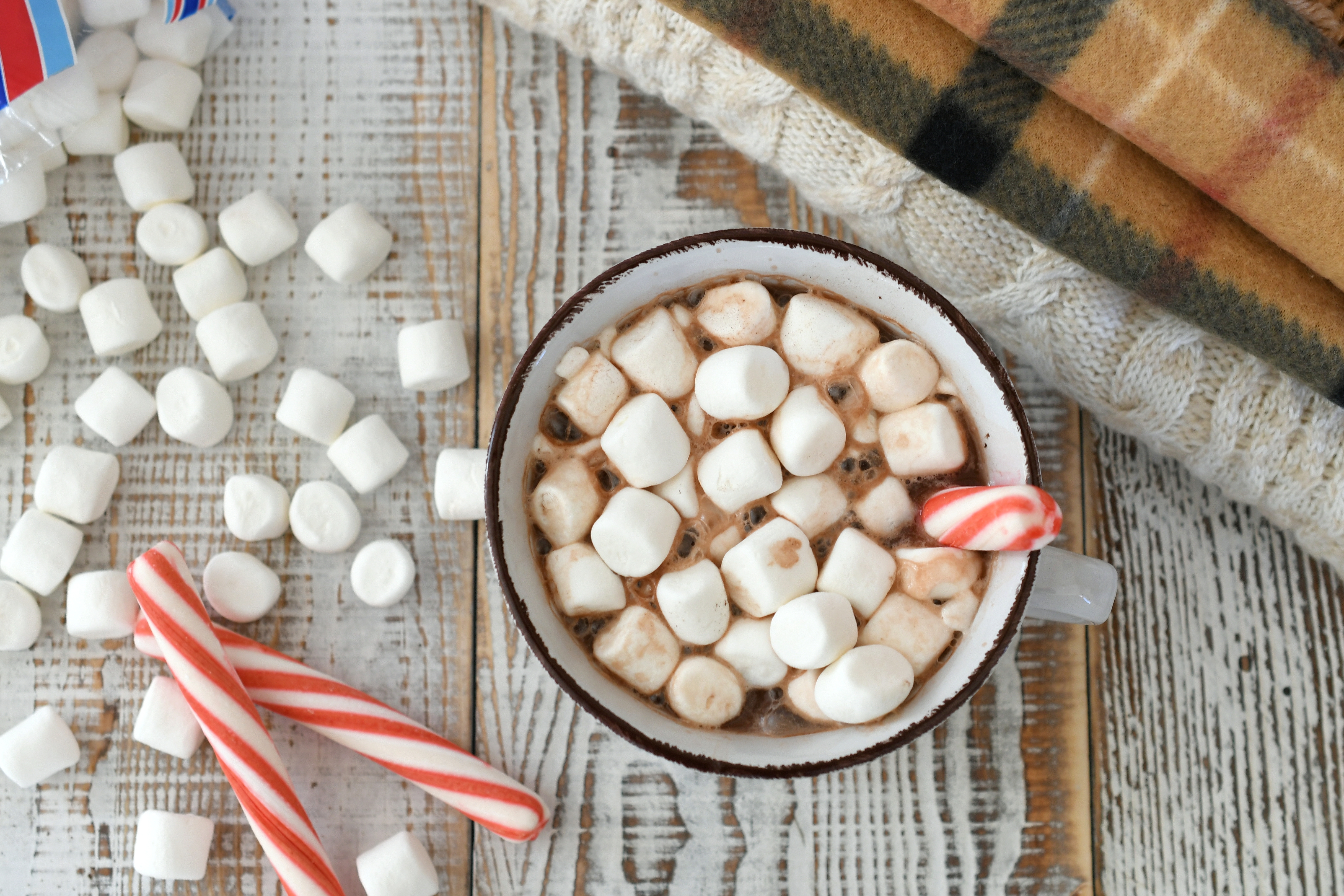
Often considered calming, peppermint (in teas, candies, or gum) can paradoxically sabotage sleep for reflux sufferers. Its ingenious mechanism lies in its ability to relax the lower esophageal sphincter (LES), the valve between the esophagus and stomach. While this helps soothe an upset stomach, it also allows stomach acid to reflux more easily, causing heartburn and discomfort when lying down. Opt for ginger or chamomile tea if seeking a calming pre-bed beverage, and avoid peppermint's unexpected nocturnal betrayal.
3. Large, Raw Cruciferous Vegetables (Late): The Gut's Gaseous Protest
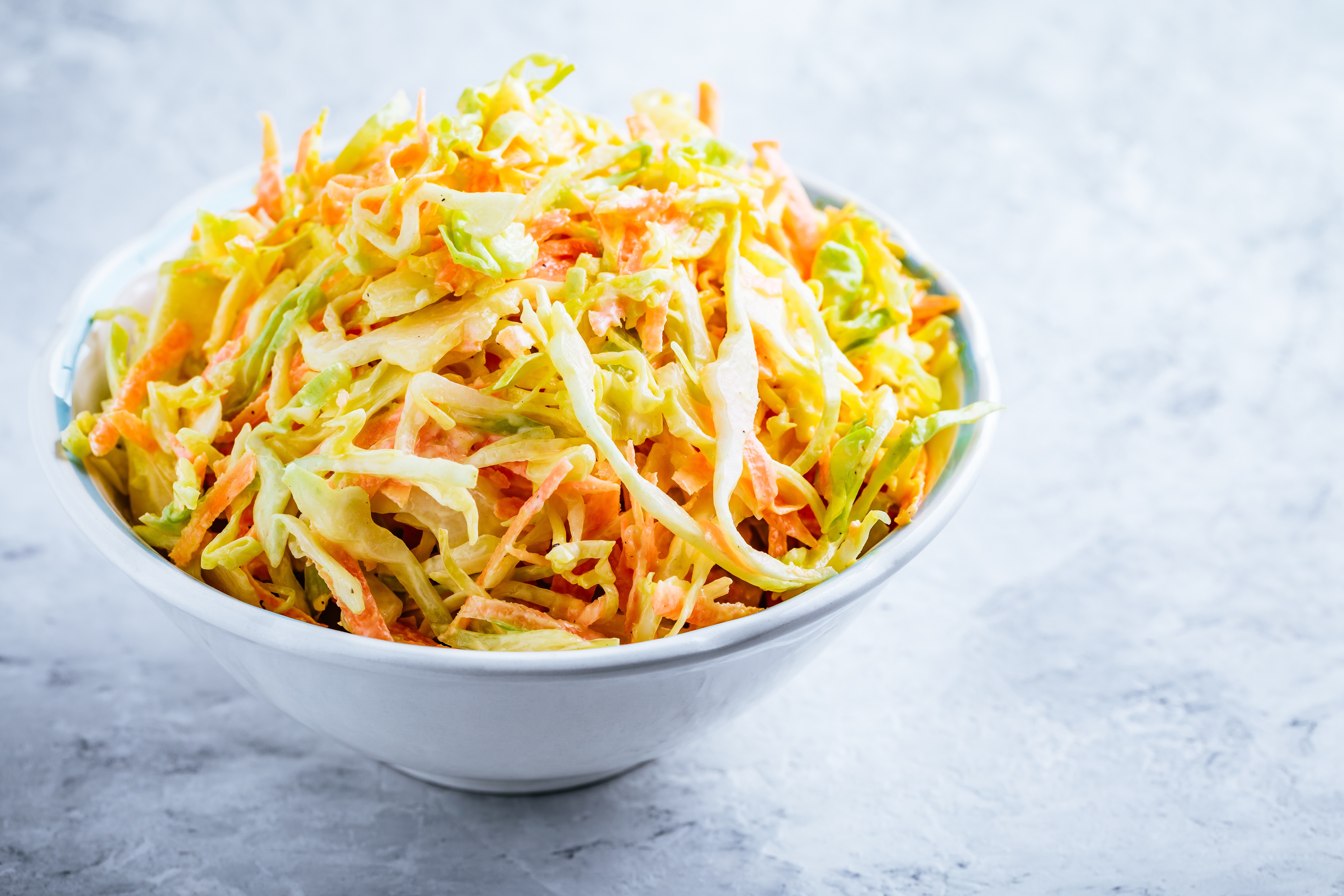
While undeniably healthy, consuming large, raw portions of cruciferous vegetables like broccoli, cauliflower, or cabbage close to bedtime can be a sleep saboteur for many. Their high fiber content, combined with unique sulfur compounds, can lead to significant gas and bloating during digestion. This internal discomfort and pressure on the diaphragm make it incredibly difficult to relax and find a comfortable sleeping position, turning your healthy dinner into a noisy, restless night.
4. Energy Drinks (Beyond Caffeine): The Hidden Stimulant Cocktail

Beyond the obvious caffeine, energy drinks are cunning sleep saboteurs due to their cocktail of other stimulants. Ingredients like taurine, guarana, and high doses of B vitamins (like B6 and B12) can profoundly elevate alertness and disrupt the body's natural sleep signals, even hours after consumption. These drinks are ingeniously designed to deliver sustained energy, but their lingering effects prevent natural melatonin production and relaxation, turning your evening into an unintended, sleepless battle against hyper-stimulation.
5. Refined Grains (e.g., White Bread, Pasta, White Rice): The Blood Sugar Rollercoaster
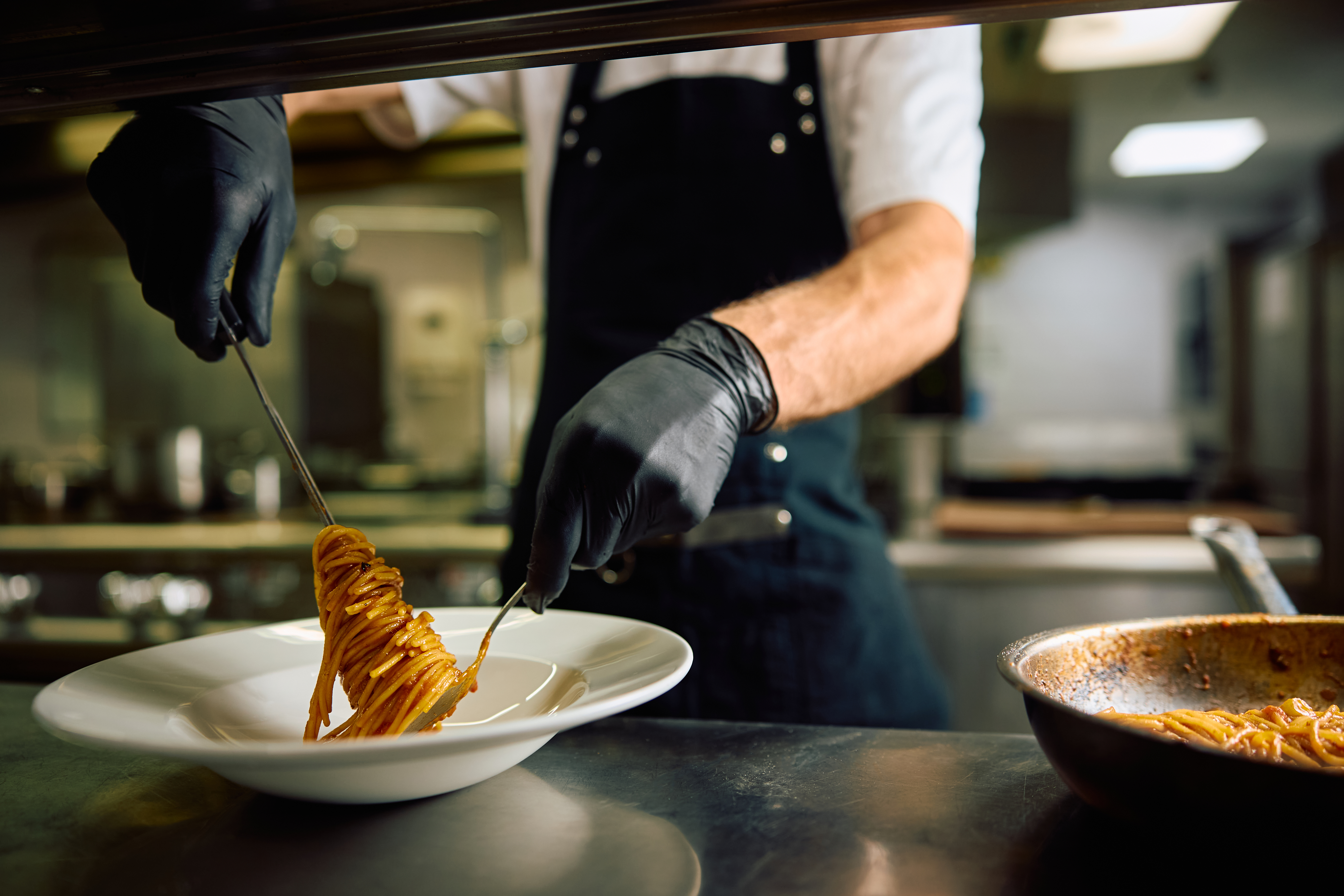
While not always "sugary," refined grains like white bread, pasta, and white rice are insidious sleep saboteurs due to their high glycemic index. They cause a rapid spike in blood sugar, followed by a sharp crash, which can trigger adrenaline and cortisol release, disrupting sleep maintenance. Their lack of fiber means rapid digestion. This blood sugar rollercoaster is a subtle yet powerful physiological disruption, making it hard to achieve deep, sustained sleep, even without noticeable heartburn or discomfort.
6. High FODMAP Foods (for Sensitive Individuals): The Fermentative Fury
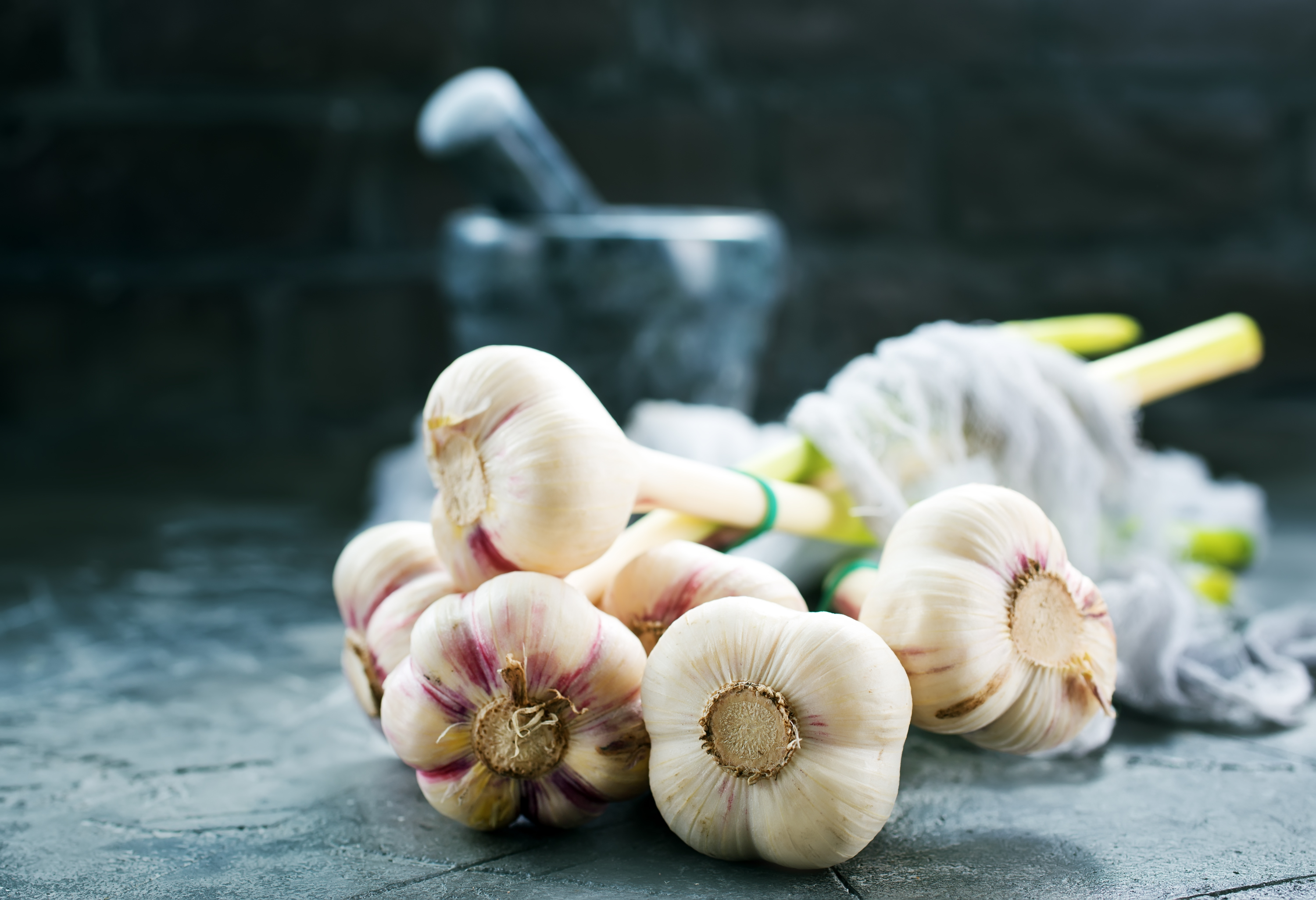
For individuals with irritable bowel syndrome (IBS) or sensitive digestive systems, high FODMAP foods (fermentable oligo-, di-, mono-saccharides, and polyols) can be major sleep saboteurs. Found in common foods like onions, garlic, apples, and some dairy, these carbohydrates ferment in the gut, causing excessive gas, bloating, and abdominal pain. This internal "fermentative fury" creates profound discomfort that makes it nearly impossible to relax and fall asleep, turning a healthy choice into a nocturnal nightmare for sensitive guts.
7. Some Fermented Foods (Late): The Histamine Hurdle
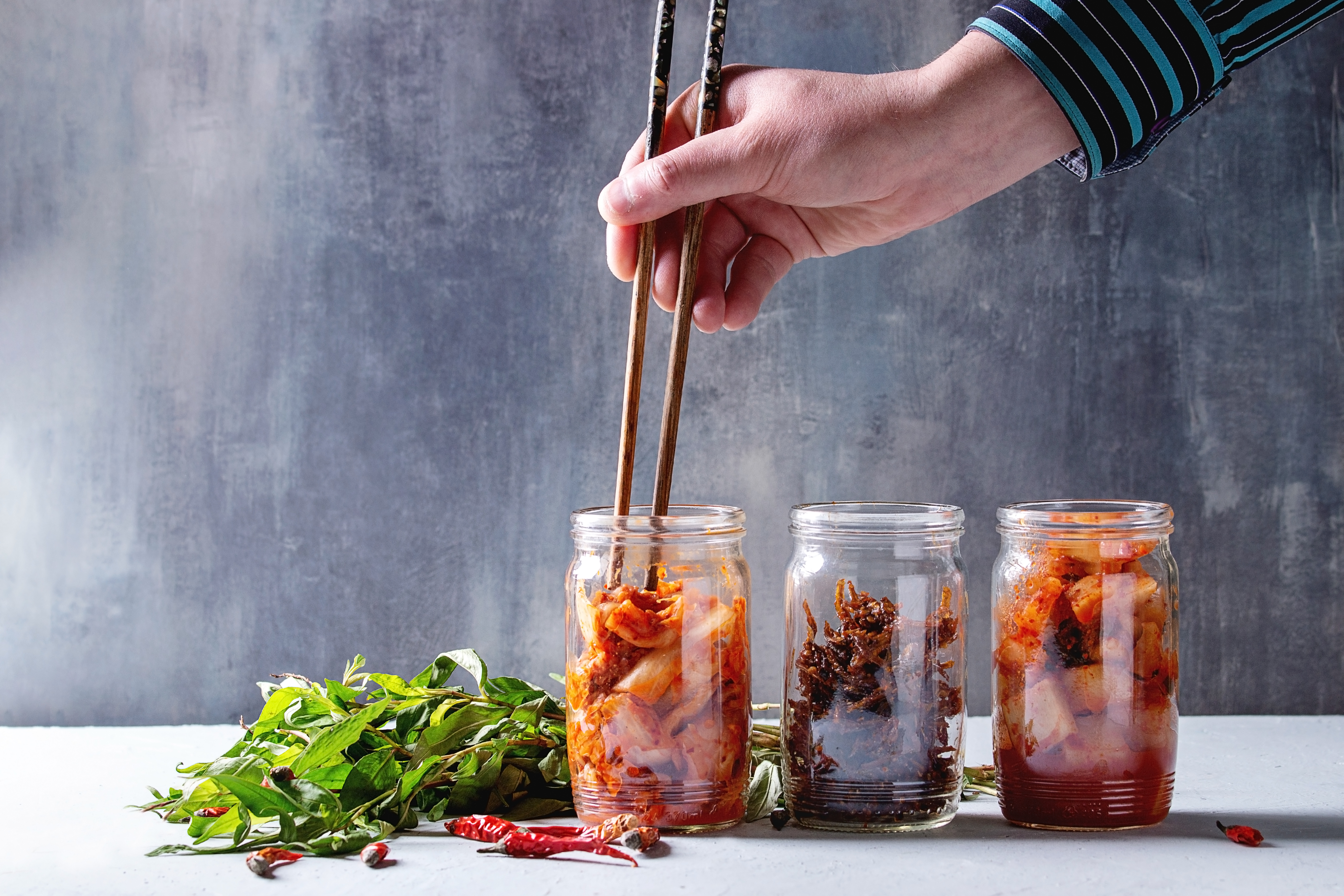
While often celebrated for gut health, certain highly fermented foods, especially when consumed late, can paradoxically sabotage sleep for some individuals. Varieties of sauerkraut, kimchi, or kombucha can contain higher levels of histamine and tyramine due to the fermentation process. For those with a histamine intolerance, these compounds can trigger neurological symptoms like restlessness or insomnia. This highlights the nuanced relationship between gut health and sleep, where a "healthy" food can become a sleep disruptor for a specific subset of people.
8. Tomatoes & Tomato-Based Sauces (Late): The Acidic & Amine Surprise
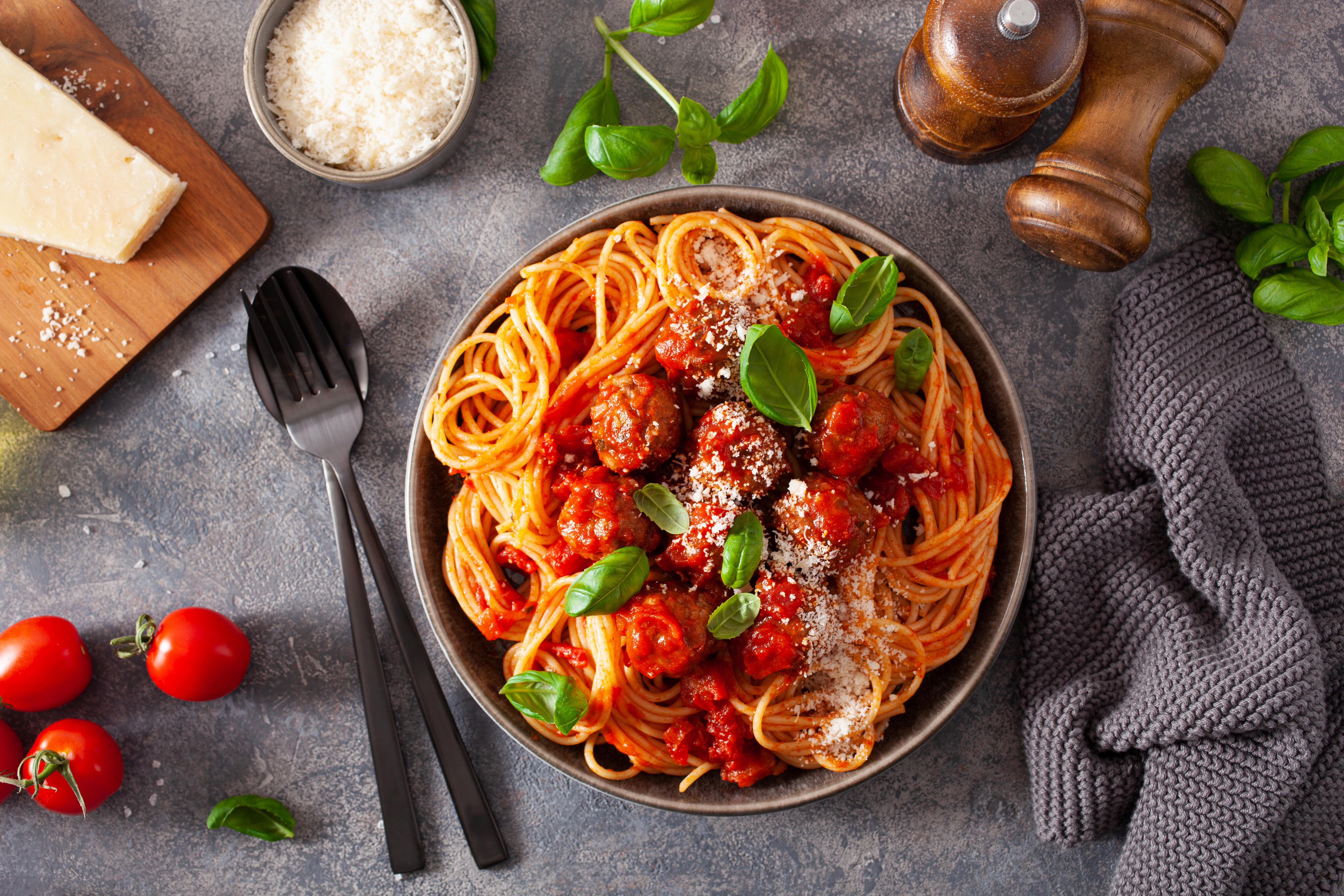
Tomatoes, particularly in sauces or large quantities close to bedtime, can be sleep saboteurs due to their acidity, which can trigger acid reflux. However, they also contain tyramine, an amino acid that can affect brain chemistry and alertness in sensitive individuals. While not a strong stimulant, the combination of potential heartburn and a subtle stimulating effect from tyramine can make falling asleep difficult. Opting for lighter, non-acidic fare in the evening avoids this dual sleep-disrupting action.
9. Foods with Hidden MSG: The Flavor Enhancer's Aftermath

Monosodium glutamate (MSG), a common flavor enhancer in many processed foods, restaurant meals, and snack foods, can be a surprising sleep saboteur for sensitive individuals. While generally recognized as safe, some people report adverse reactions, including headaches, heart palpitations, and restlessness. Consuming MSG before bed might trigger a subtle, generalized feeling of unease or hyperactivity that interferes with the body's ability to settle down and enter a state of relaxation. Always check labels for MSG or its related forms.
10. Heavy Protein Shakes/Supplements (Late): The Digestive Burden
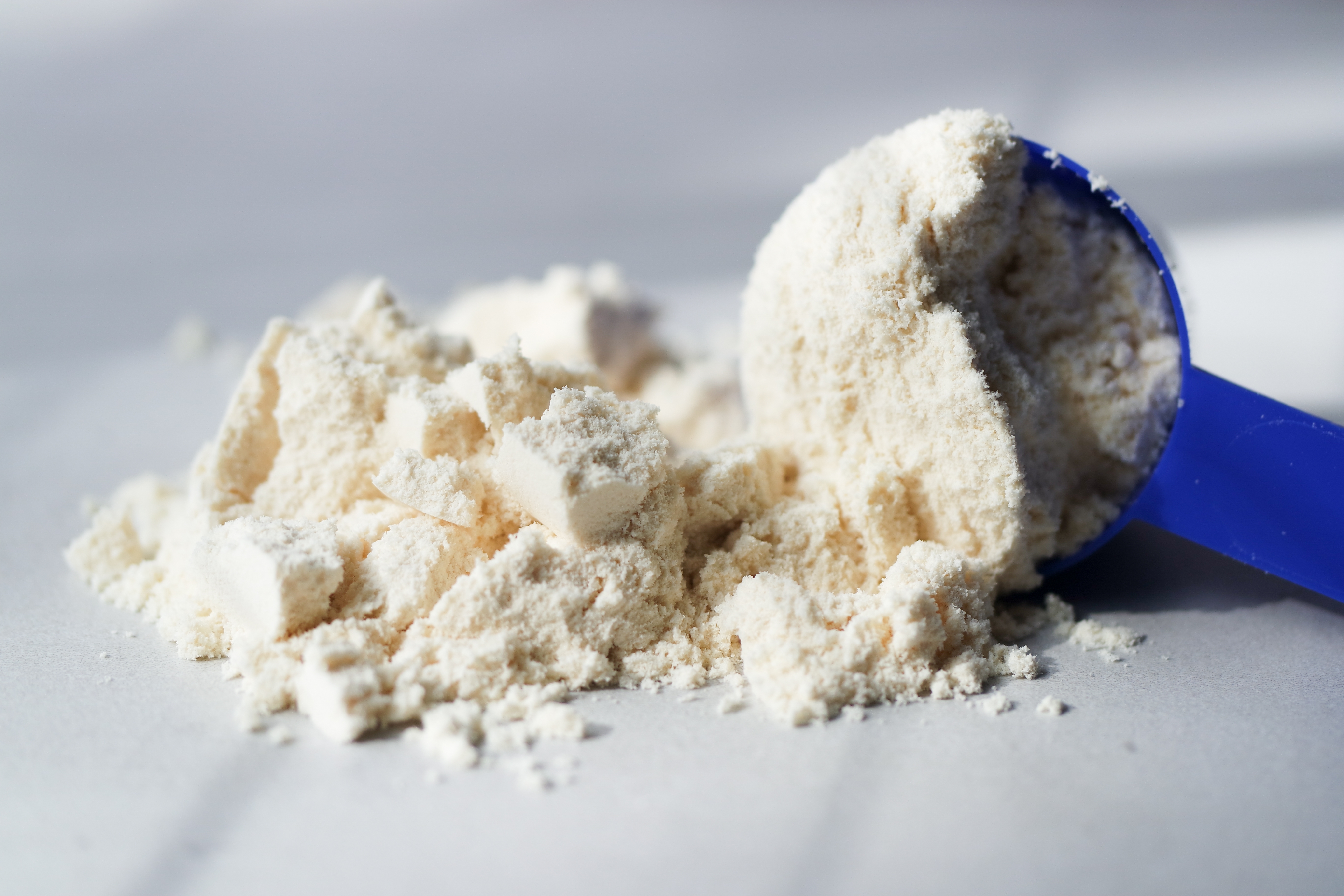
While protein is crucial for muscle repair, consuming a heavy protein shake or large amount of protein powder close to bedtime can inadvertently sabotage sleep. Digesting a large load of protein requires significant energy from your body, preventing it from fully shifting into "rest and repair" mode. This can lead to discomfort, increased core body temperature, and a metabolic state not conducive to sleep. It's often better to consume heavier protein earlier in the day or opt for smaller, more easily digestible protein sources closer to bedtime.
11. Dark Chocolate (Late & High Cacao): The Theobromine Deception
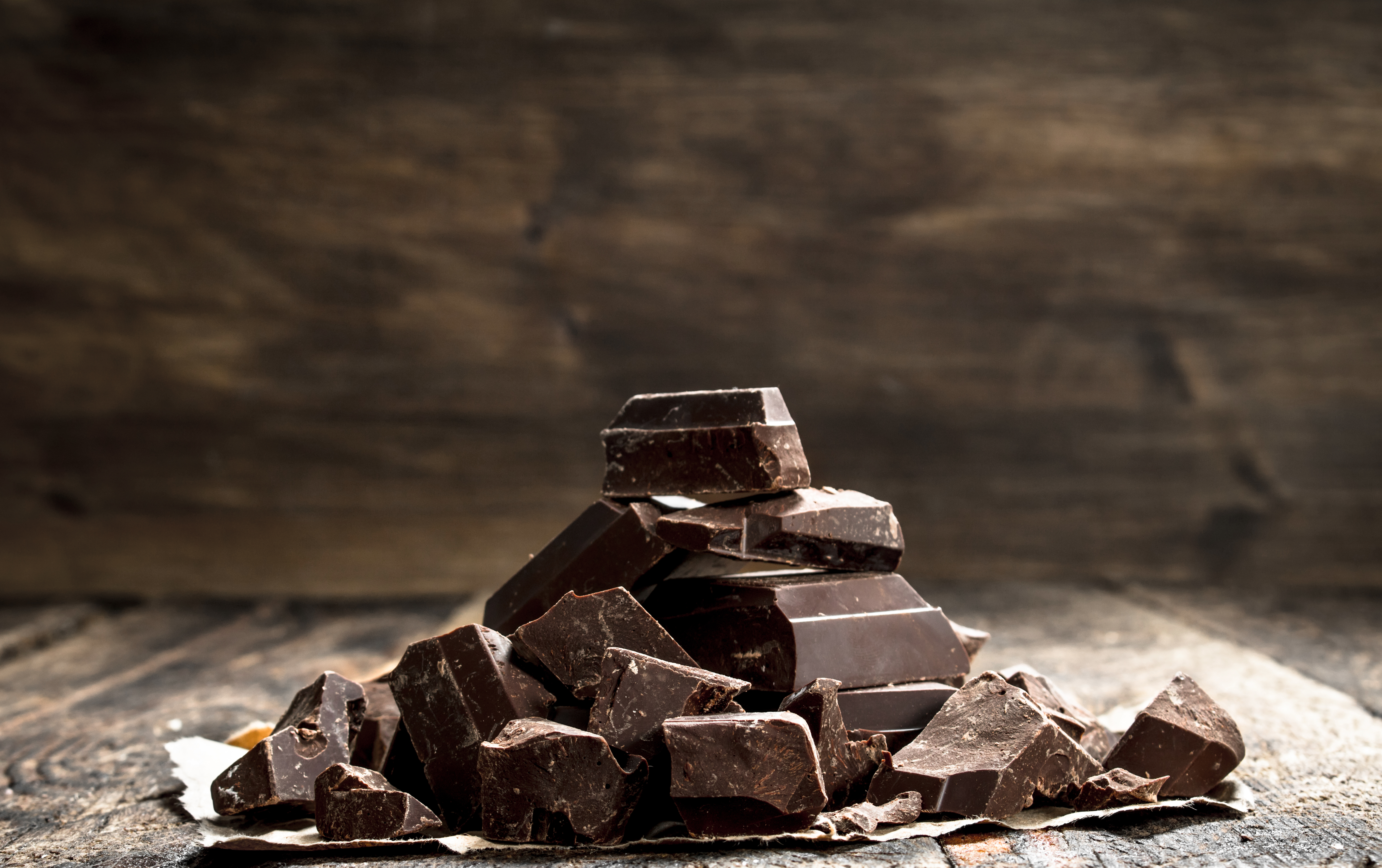
While often celebrated for antioxidants, consuming dark chocolate (especially varieties with high cacao content, 70%+) late in the day can be a surprising sleep saboteur. Beyond any residual caffeine, dark chocolate contains theobromine, a mild stimulant with a longer half-life than caffeine. This compound can elevate heart rate and increase alertness, subtly interfering with the body's ability to wind down for sleep. Even a small square can be deceptive, turning a seemingly innocent treat into a nocturnal disruption for sensitive individuals.
12. Dried Fruits (Late & Large Portions): The Concentrated Sugar Load
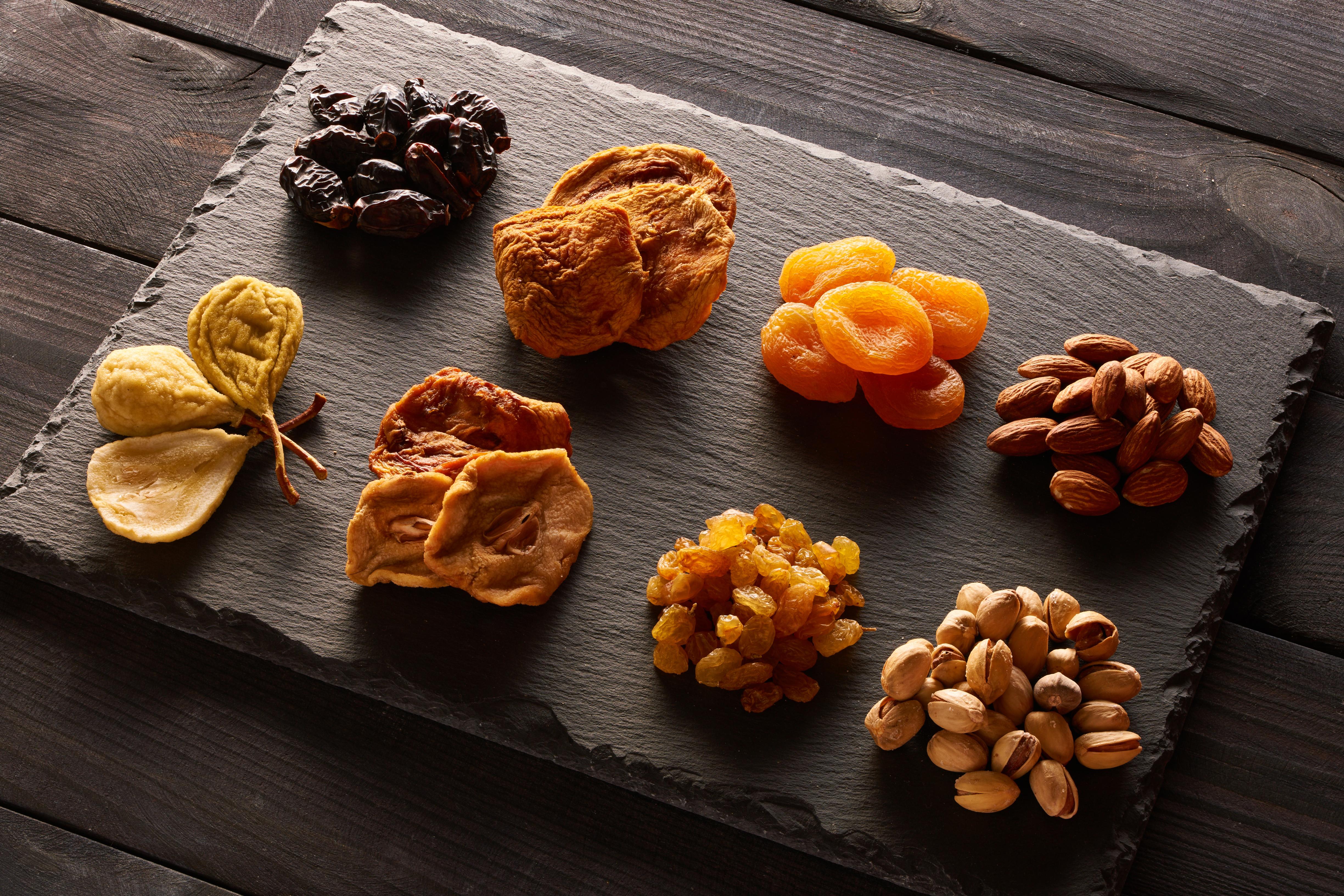
Dried fruits, though natural and fiber-rich, can be subtle sleep saboteurs when consumed in large quantities close to bedtime. The drying process concentrates their natural sugars, leading to a quicker blood sugar spike compared to fresh fruit. While fiber helps mitigate this, a significant sugar load right before sleep can still trigger a blood sugar crash and subsequent cortisol release, disrupting sleep maintenance. Their high fiber content can also cause gas or bloating in sensitive guts, adding to discomfort.
Unmasking Your Path to Deeper Sleep

Sleep isn't a luxury; it's a fundamental biological necessity, and your diet plays a far more powerful role than you might imagine. As these 12 eye-opening facts reveal, many seemingly innocent foods are ingeniously sabotaging your slumber, from hidden caffeine and sneaky sugars to inflammatory fats and gut irritants. By understanding these subtle culprits, you gain the power to transform your nights. Embrace informed choices, listen to your body's nuanced signals, and swap out the sleep saboteurs for sleep supporters. Your path to restorative, uninterrupted rest is paved with mindful eating, leading to energized days and a profoundly healthier you.